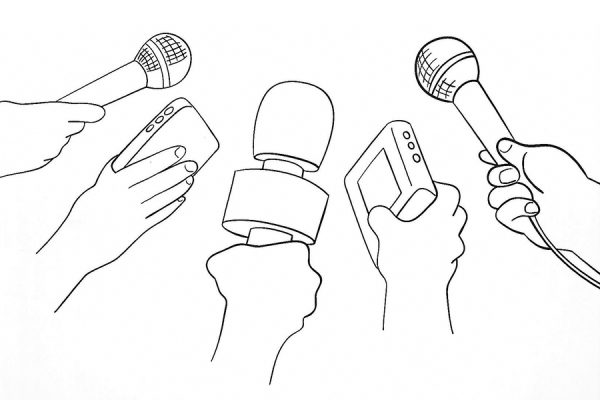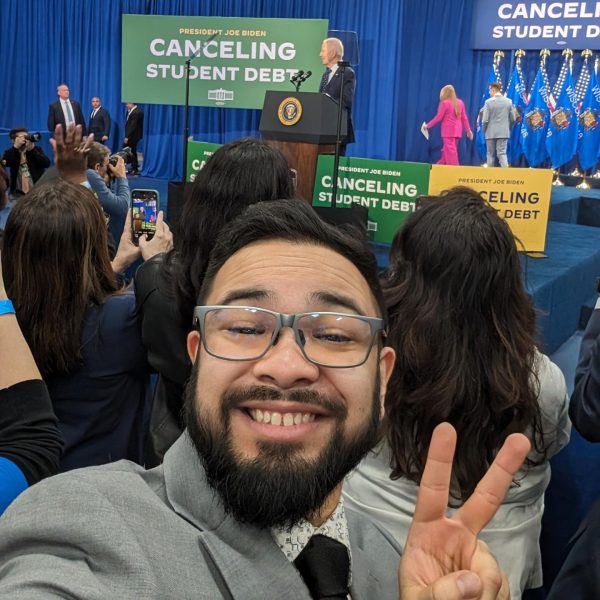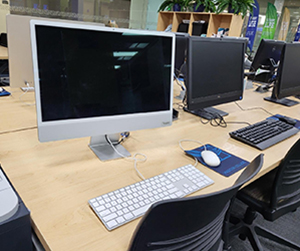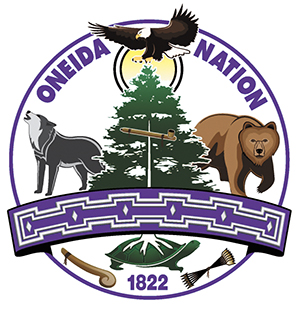Choosing college-level alternatives could save money in the long run
April 24, 2014
Your next semester plan might need a revision. There are over 144 career programs offered at Madison College, many of which will award you an associate degree at the end of two years (four or five semesters).
Associate of Science and Associate of Arts degrees are great because they incorporate many college level transferable credits, which means students can always return to school and continue from where they left off. But what about two-year technical diplomas?
Technical programs such as Machine Tooling Technics, Diesel & Heavy Equipment Technician and Automotive Technician take just as much of your time, but without the benefits of an associate degree.
The issue is not with the programs. Machine Tooling Technics program director, Harlan Vangen, said that many students are interested only in classes that are required for the trade — no more and no less. “(Students’) focus is on the trade … we offer the math that you need to be successful as a machinist … base line of mathematics.”
However, he also agreed there is room for improvement. “We could probably do a better job … (Madison College can) try to make it more fluid into both directions (either technical or Arts and Sciences oriented).” That way, when students come back to school they will have a lot of the general education requirements already taken care of.
One such student, Jonathan Koehler, added, “In a competitive global manufacturing market we need to consider the fact that many young workers will need to continue their education at some point in their career. Is it right to make them start over every time? There needs to be continuity in the process, and people in this industry need to have room to grow in order to be as productive and competitive as possible.”
At the same time, other colleges across the country offer highly competitive Machine Tooling classes, providing exactly what Madison College is missing. For example, Pennsylvania College of Technology offers a Machine Tool Technology program that will reward you an Associate in Applied Science (A.A.S.) degree. They know how “related courses in mathematics, science and physics improve students’ advancement potential.”
Similarly, New Hampshire’s Nashua Community College also offers an Associate in Science, stating, “For students looking to pursue an education beyond the Associate Degree, this program may transfer to selected Bachelor Degree programs.”
Madison College should offer the same opportunities. We need to consider students’ probable futures. Any class that has a college-level alternative should be recommended to students, and it should be stated clearly within technical programs’ curriculum, both in print and on the website.
In addition, advisors need to be more knowledgeable across all programs so they can recommend each student a tailored set of opportunities. Like in e-commerce, similar and overlapping classes should be linked to one another within every program and class offered. If you are interested in one thing, you may also want to know about multiple other things.
And those should be linked further to other options.
For example, students who want to pursue machining might also want to know about the industry, about engineering and how likely it is they will return to school and continue their educations.
Knowing more will enable students to make better decisions and will probably be beneficial for Madison College as well. Students’ success stories may influence enrollment rates, perhaps dramatically.
If you are taking non-transferable courses, consider substituting your program’s requirements with college level alternatives. They will apply, and you’ll get more for your dollar, time and effort. Don’t wait. Talk to your instructors, see an advisor, and together examine your curriculum.
See if your program is best aligned with your goals and future career, and get ready to revise your future plans.










